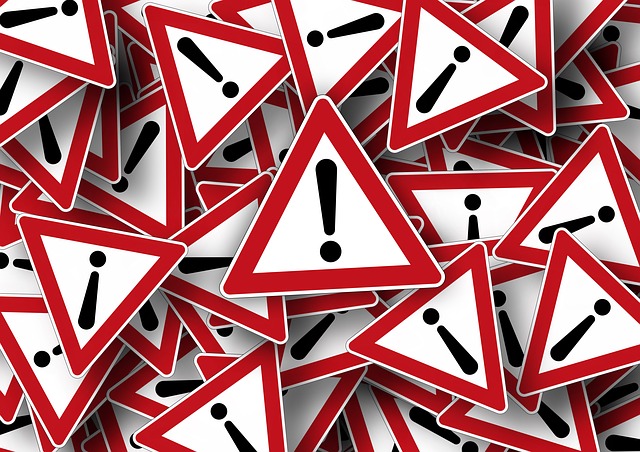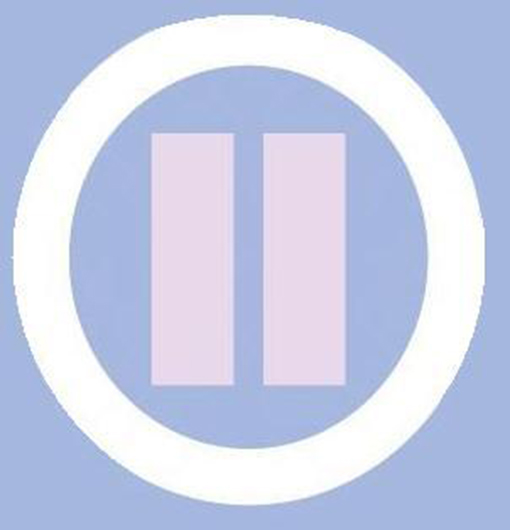Heart disease is the number one killer of women in the United States. In spite of this scary fact, many women don’t know how to decrease their risk of having one or how to increase their risk of surviving a heart attack. It’s time to change that.
The only definite way to survive a heart attack is to never have one. There’s no guarantee for doing this, but making wise choices can go a long way in helping you keep a healthy heart. Living a healthy lifestyle that includes a low fat diet with lots of fruits, vegetables, and whole grains as well as exercising regularly helps decrease your risk of heart disease and increase your chance of living longer. Stress management also helps improve heart health.
Knowing your risk of having a heart attack and taking steps to address those risk factors also helps prevent potentially fatal attacks. Make an appointment with your primary care doctor to find out if you have an increased risk for heart disease. The American Heart Association also has an on-line tool to help you learn your risk.
The next best thing to preventing a heart attack is getting immediate help if you have one. Here are a few tips to help you take effective action if you need too.
1) Know the signs and symptoms: Heart attacks don’t look like they do on TV. They aren’t always dramatic, especially in women. Though chest pain often occurs it doesn’t always, so don’t make your decision based on that. Click here to learn more about the symptoms of heart attack read.
2) Call 9-1-1 immediately: Time is tissue (i.e. heart muscle.) Quickly getting proper treatment and medication can stop a heart attack and limit damage to heart tissue. Calling 9-1-1 gets emergency medical treatment to you quickly. Calling friends or even your doctor first delays getting direct help. Every 30 minutes you wait to get help can take 1 year off your life. Getting help in the first hour cuts your risk of dying in half.
3) Stay calm: This sounds like a tall order during a life threatening event, but staying calm helps your heart rate stay slower. This puts less stress on the heart muscle and decreases potential damage. Take slow, deep breaths and stay as still as possible until help arrives. If you feel faint or dizzy unlock your door and lie on the floor where the emergency responders can see you when they walk in.
- 10 Quick, Easy Holiday Self-Care Tips - December 15, 2017
- Health Benefits of Kindness and Compassion - June 3, 2017
- Why Self-Care is Good for Your Health - May 10, 2017






